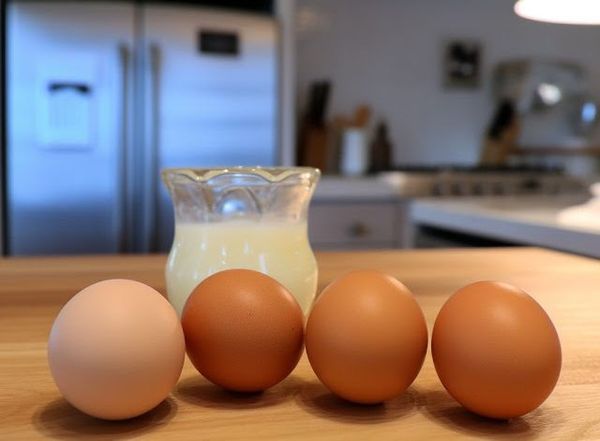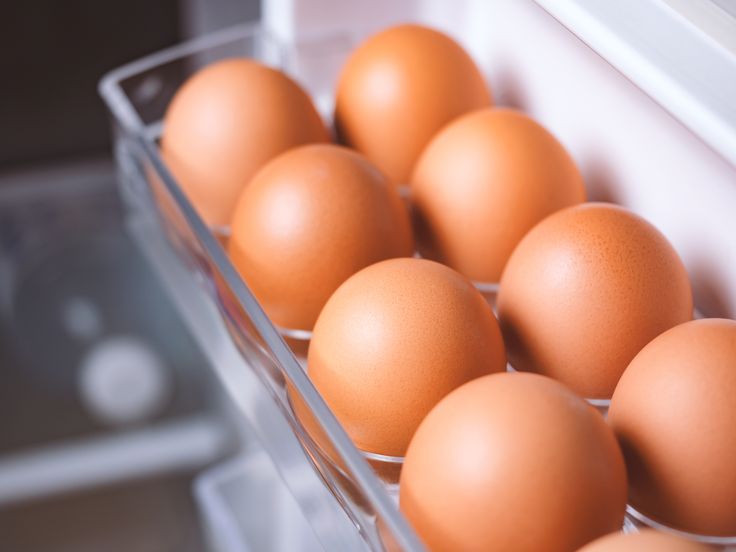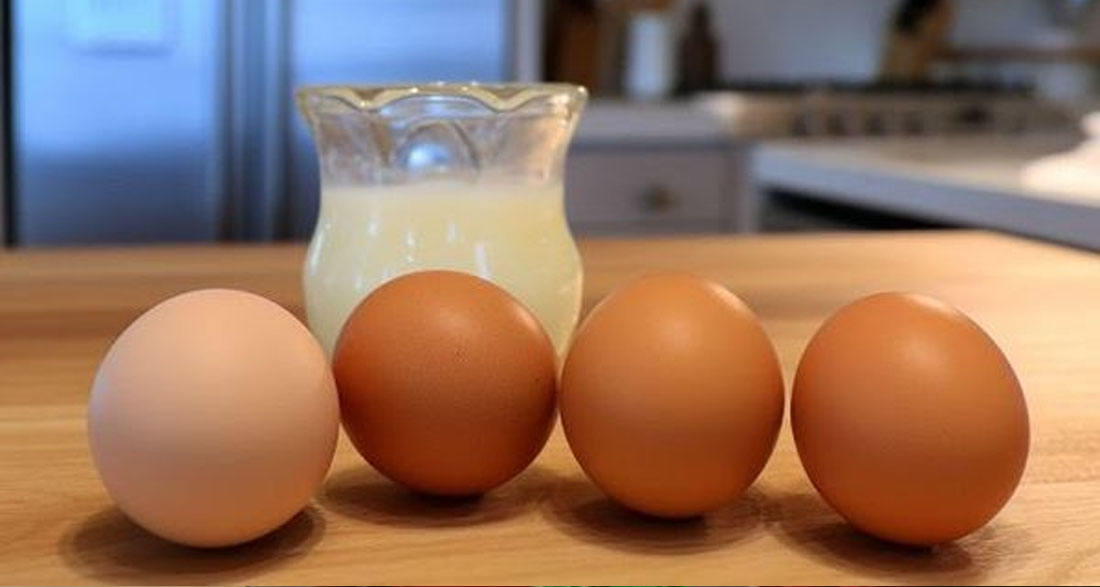Keep Your Eggs Fresh: Easy Tips for Safe Eating!
Eggs are one of the most beloved ingredients in many of our favorite meals! Whether scrambled for breakfast, hard-boiled for snacks, or baked into delicious treats, eggs are versatile and tasty.
But to enjoy them safely, it’s super important to store them the right way. Let’s go on an exciting journey through the world of eggs and discover how to keep them fresh and safe to eat!
The Right Temperature for Raw Eggs
First things first: how do we keep raw eggs fresh? You want to refrigerate them at a temperature between 35°F and 40°F (1.7°C to 4.4°C). Keeping your eggs at this temperature is the magic trick to making them last about 3 to 5 weeks!

“Always store your eggs in the original carton,” advises Chef Mia, a culinary expert. “It helps protect their flavor and prevents them from absorbing any strong smells in the fridge.”
Hard-Boiled Eggs for Quick Meals
Now, what if you’re in a rush and need a quick, nutritious meal? Hard-boiled eggs are perfect for that! Once they’re cooked, pop them in a sealed container in the fridge. They’ll stay fresh for up to a week, making them a fantastic snack or addition to your lunch.
Storing Cooked Eggs
Have you ever cooked some delicious scrambled eggs or an omelet and thought, “What should I do with the leftovers?” Don’t worry! Just let them cool completely, then store them in sealed bags. This easy method keeps your dishes good for three to four days, so you can enjoy them again later!
Liquid Eggs and Egg Replacements
If you like the convenience of liquid eggs, you can find them in cartons at the store. “If you keep them unopened, they can last for up to a week past the sell-by date,” says nutritionist Lisa. But remember, once you open the carton, use them within two days for the best quality.
Then there are egg replacements, which are great for baking. When stored properly in the fridge, they can last 10 to 14 days. These alternatives give you flexibility in the kitchen while extending your options!
The Importance of Food Safety
To stay safe from bacteria like Salmonella, always remember that eggs should be kept at temperatures below 40°F (4.4°C). This is especially important in warm weather. If you’re eating meals made with eggs, don’t leave them out at room temperature for too long. Bacteria love warm environments and multiply quickly!

The Float Test for Freshness
Sometimes, you might be unsure if your eggs are still fresh. But fear not! You can easily perform the “float test.” Just fill a bowl with water and gently place the egg inside. If it sinks to the bottom, it’s fresh! But if it floats, toss it out—this means it’s getting old and may not be safe to eat.
Enjoying Eggs in Your Kitchen
By following these simple storage tips, you can enjoy all the delicious meals that eggs have to offer without worry! Remember, when you handle and store them properly, eggs are a safe and delightful ingredient to have in your kitchen.
What do you think about these egg tips? Do you have a favorite egg dish you love to make? Share your thoughts in the comments below! 🍳🥚

